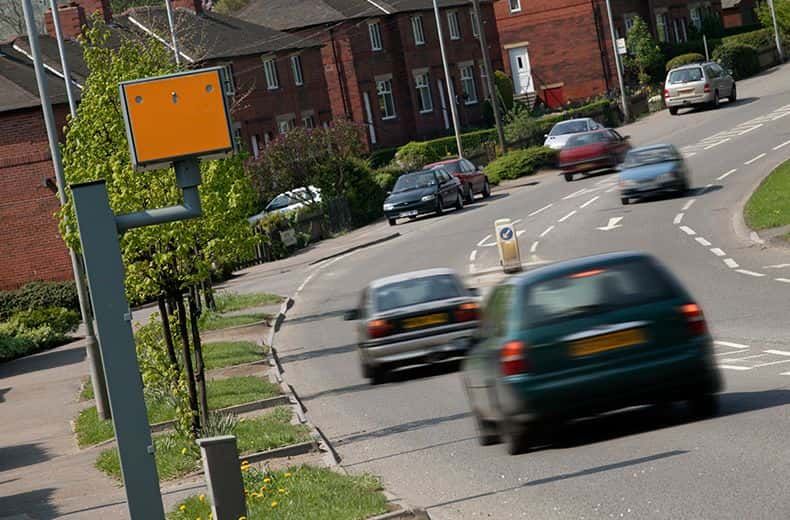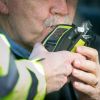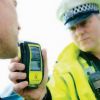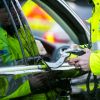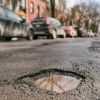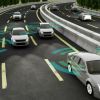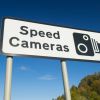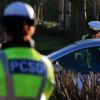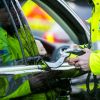Her Majesty’s Inspectorate of Constabulary and Fire & Rescue Services (HMICFRS) found that speed cameras are sometimes set up in “good hunting grounds’’ for speeders “rather than because they had a history of collisions.”
In most force areas, speed cameras are deployed by road safety partnerships.
The watchdog’s report found that some local bodies have even protected their revenues by stopping police officers using driver education to improve road safety.
The publication said: “Apparent unwillingness to support education over enforcement had led to suspicion among officers, including some at chief officer level, that the focus of activity was intended to increase revenue for the safety partnership.”
It continues to explain that police forces and road safety partnerships don’t receive the funds from issued fines.
However, both parties are allowed to recover costs for administration costs of offences for educational schemes such as speed awareness courses.
“Crucially, what constitutes recovery of costs is open to interpretation.”
READ: More motoring news

RAC sale – up to 33% off*
• Roadside cover from £5.29 a month†
• We get to most breakdowns in 60 mins or less
• Our patrols fix 4/5 breakdowns on the spot

Wednesday’s report addressed concerns about the use of speed cameras: “The reality is that use of cameras is effective in reducing serious collisions.”
HMICFRS added that the rationale for camera enforcement in most forces was “supported by a process intended to maintain public confidence in their use.”
The independent organisation has called for police forces and their partners to make it clear where cameras are located and why the location has been chosen.
They have suggested that existing guidelines on the use of speed cameras should include a requirement that forces, or local road safety partnerships, publish their revenues and details of how the money is spent.
- Speed cameras – how they work
- Speeding fines – how much you now have to pay
- Speed limits in the UK: know the laws
Over 2.1m speeding tickets were handed out in 2018, a rise of 41% compared to 2011. The report attributes the sharp rise in offences in large part to the use of speed cameras.
RAC’s head of roads policy, Nicholas Lyes, said: "Any suggestion that a decision to locate cameras in certain places is driven by raising revenue, rather than improving road safety, is unacceptable.
"Cameras have played a vital role in keeping our roads safe over the years, but the police must be able to show their deployment is about saving lives and nothing more.
“Ultimately though, the best way drivers can avoid picking up a speeding penalty is by not exceeding the speed limit.”
Let us know what you think of this police watchdog report in the comments below.
Get 30 driving tips that will save you money
Running a car isn’t cheap, but there are some easy things you can do to keep your costs down. Get these tips and more useful driving articles sent straight to your inbox now.



